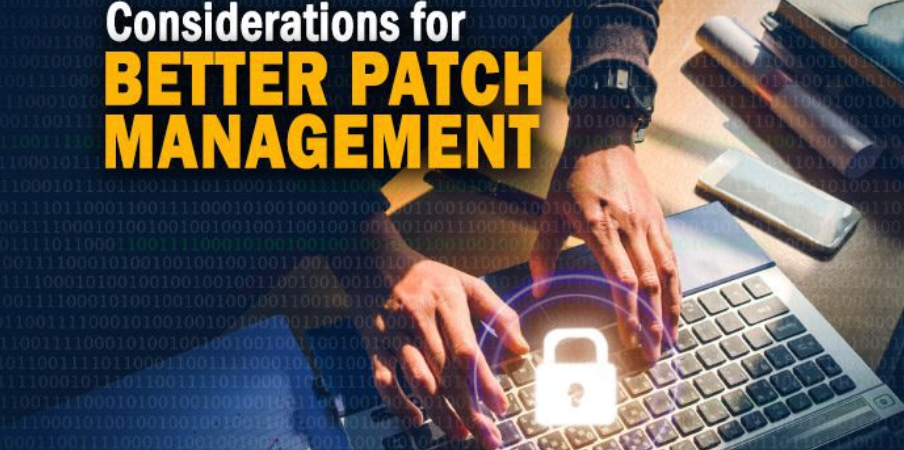The Federal Risk and Authorization Management Program (FedRAMP) is a US government-wide program designed to standardize security assessment, authorization, and continuous monitoring processes for cloud products and services used by federal agencies. FedRAMP aims to enhance the security posture of cloud solutions while streamlining the evaluation and authorization process, reducing duplication of efforts, and promoting the use of secure cloud technologies across the federal government. Key components and features of FedRAMP include:
- Unified security standards: FedRAMP establishes a set of unified security standards based on National Institute of Standards and Technology (NIST) guidelines, specifically NIST Special Publication (SP) 800-53, tailored for cloud services. These standards provide a common baseline for assessing and authorizing cloud solutions.
- Security assessment framework: FedRAMP outlines a standardized process for security assessments, including penetration testing, vulnerability scanning, and risk assessments. This process ensures that cloud providers meet the required security controls.
- Authorization tiers: FedRAMP categorizes cloud services into three authorization tiers: Low, Moderate, and High, based on the sensitivity of the data and the associated security requirements. Federal agencies can choose cloud services based on their specific needs and the appropriate authorization level.
- Joint Authorization Board (JAB): The FedRAMP program is overseen by the JAB, which consists of chief information officers (CIOs) from the Department of Defense (DoD), Department of Homeland Security (DHS), and General Services Administration (GSA). The JAB grants provisional authorizations for cloud services, allowing multiple federal agencies to use them.
- Agency authorization: In addition to JAB authorizations, individual federal agencies can perform their own security assessments and issue authorizations for cloud services. Agencies can choose cloud solutions from the FedRAMP marketplace that align with their specific requirements.
- Continuous monitoring: FedRAMP emphasizes continuous monitoring of cloud services throughout their life cycle. This includes ongoing vulnerability assessments, security audits, and compliance checks to ensure that security controls remain effective.
- FedRAMP marketplace: The FedRAMP marketplace is a centralized repository of cloud service offerings that have achieved FedRAMP compliance. Federal agencies can use this marketplace to identify pre-authorized cloud solutions.
- Compliance documentation: CSPs seeking FedRAMP authorization must prepare extensive documentation, including a security assessment package and a System Security Plan (SSP), to demonstrate compliance with security controls.
- Annual reviews: FedRAMP requires CSPs to undergo annual security assessments and updates to maintain their authorization. This ensures that security controls remain effective over time.
- Collaboration with industry: FedRAMP collaborates with CSPs and third-party assessment organizations to streamline the authorization process, reduce costs, and promote industry participation.
FedRAMP plays a crucial role in enabling federal agencies to leverage cloud technologies securely, improve cost efficiency, and modernize their IT infrastructure. By establishing standardized security requirements and authorization processes, FedRAMP helps ensure that government data is protected and compliant with federal regulations while promoting the adoption of cloud solutions that meet these standards. For more details about it, refer to FedRAMP’s official website: https://www.fedramp.gov/.



